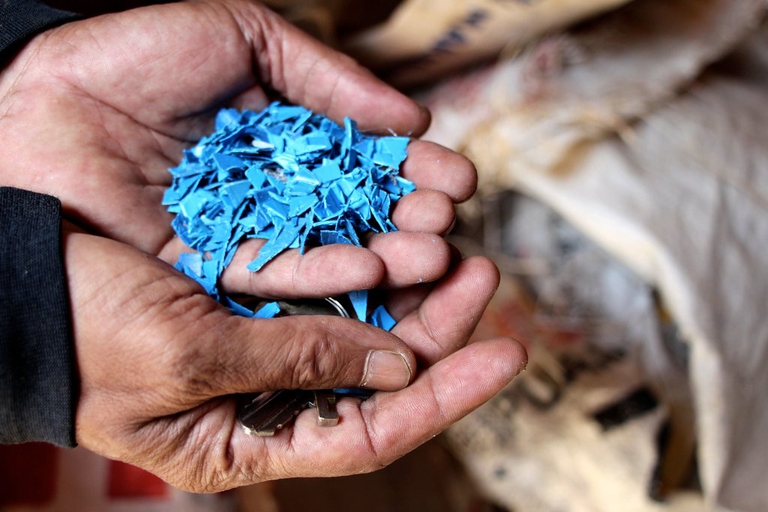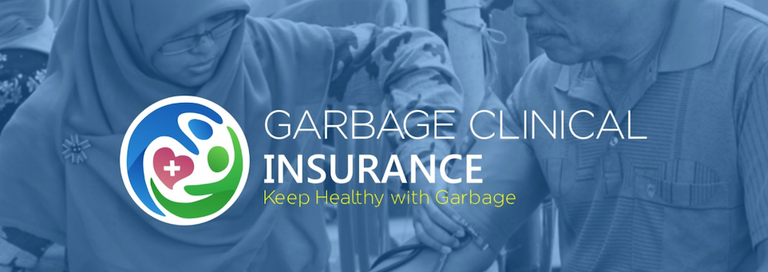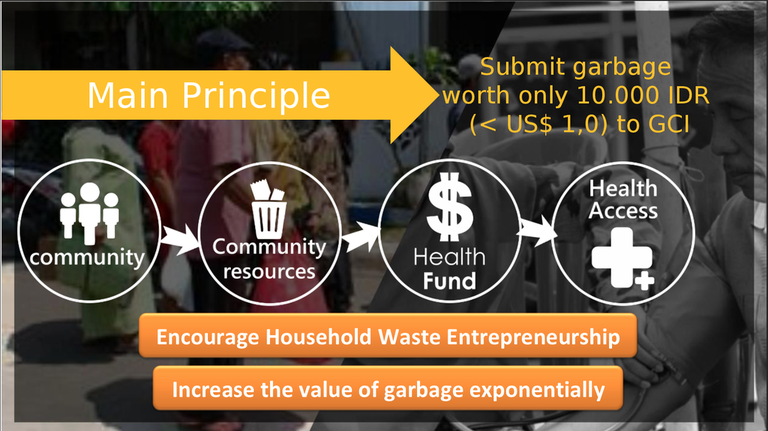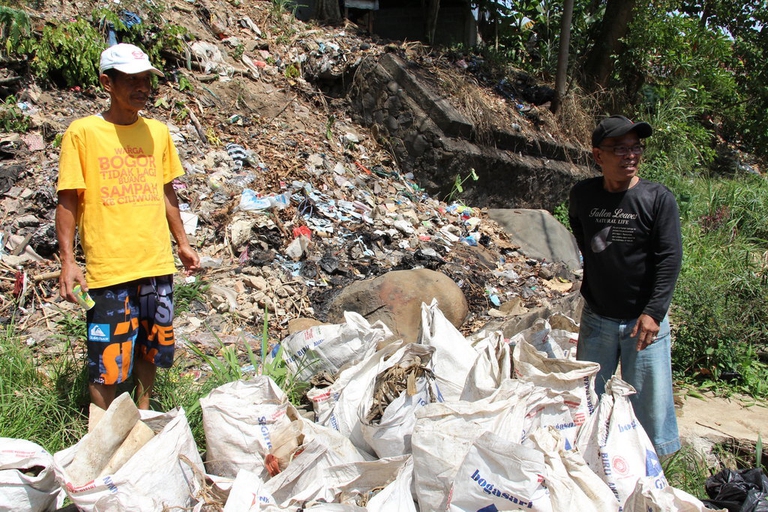Recent estimates show that 50% of the Indonesian population lives below $2 a day and 18% below $1 a day. On average, 1.6% of income is spent on health and almost 60% of Indonesians remain without health coverage. Indonesia is also the second most important plastic garbage generator in the world. On average,
Recent estimates show that 50% of the Indonesian population lives below $2 a day and 18% below $1 a day. On average, 1.6% of income is spent on health and almost 60% of Indonesians remain without health coverage.
![plastic-garbage]()
Indonesia is also the second most important plastic garbage generator in the world. On average, each person produces 1.5 kilograms of waste a day. Trash collection services in the country are expensive and not many can afford to get rid of their trash.
Since 2010, Gamal Albinsaid, a young Indonesian doctor and researcher, offers a revolutionary solution by allowing the poor to use resources they already produce, namely garbage, in order to access health care.
![GCI-logo]()
Garbage Clinical Insurance (GCI) is the first micro health insurance entirely paid for by garbage.
The way it works is quite simple. Members of the programme have to submit 10,000 Indonesian Rupiahs worth of garbage, or less than $1. As soon as the premium is met, members can access health clinics for premier treatments, medicine, diagnoses and check ups. They can also take part in health education, and preventive and rehabilitative programmes. Gamal’s aim, in fact, is for GCI to offer the poorest holistic health care services.
![GCI-diagram]()
This not only changes poor people’s behaviour when seeking health care: by using garbage to finance the health system, sanitation and the environment benefit, and people’s perception of household waste changes. Furthermore, given that recycled garbage is more valuable than raw waste, the programme also encourages communities to engage in small recycling businesses in order for them to pay for their healthcare premiums.
![collecting-trash]()
Starting in the Indonesian municipality of Malang, this effective model has been replicated in a number of Indonesian cities. For it to have an even greater impact, Gamal is aiming to expand it to many others still. GCI is also getting ready to attach itself to the national health insurance scheme (BPJS) to bring access to healthcare for all in Indonesia.
By using garbage as the main currency, the micro health insurance is successfully dealing with two problems at the same time, environmental degradation and a lack of access to and understanding of adequate healthcare. It is also showing communities that it is possible to create sustainable financing using their own resources.
Siamo anche su WhatsApp.
Segui il canale ufficiale LifeGate per restare aggiornata, aggiornato sulle ultime notizie e sulle nostre attività.

Quest'opera è distribuita con Licenza Creative Commons Attribuzione - Non commerciale - Non opere derivate 4.0 Internazionale.












